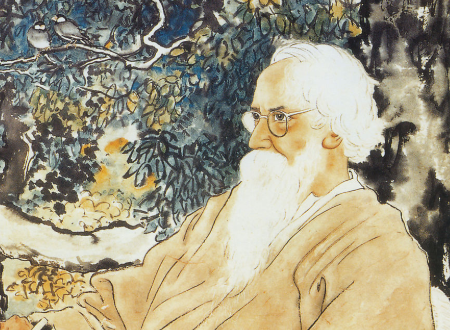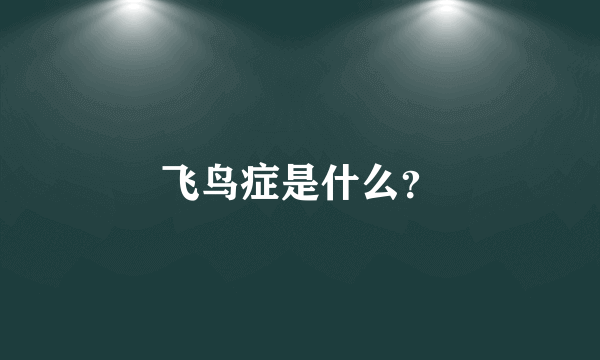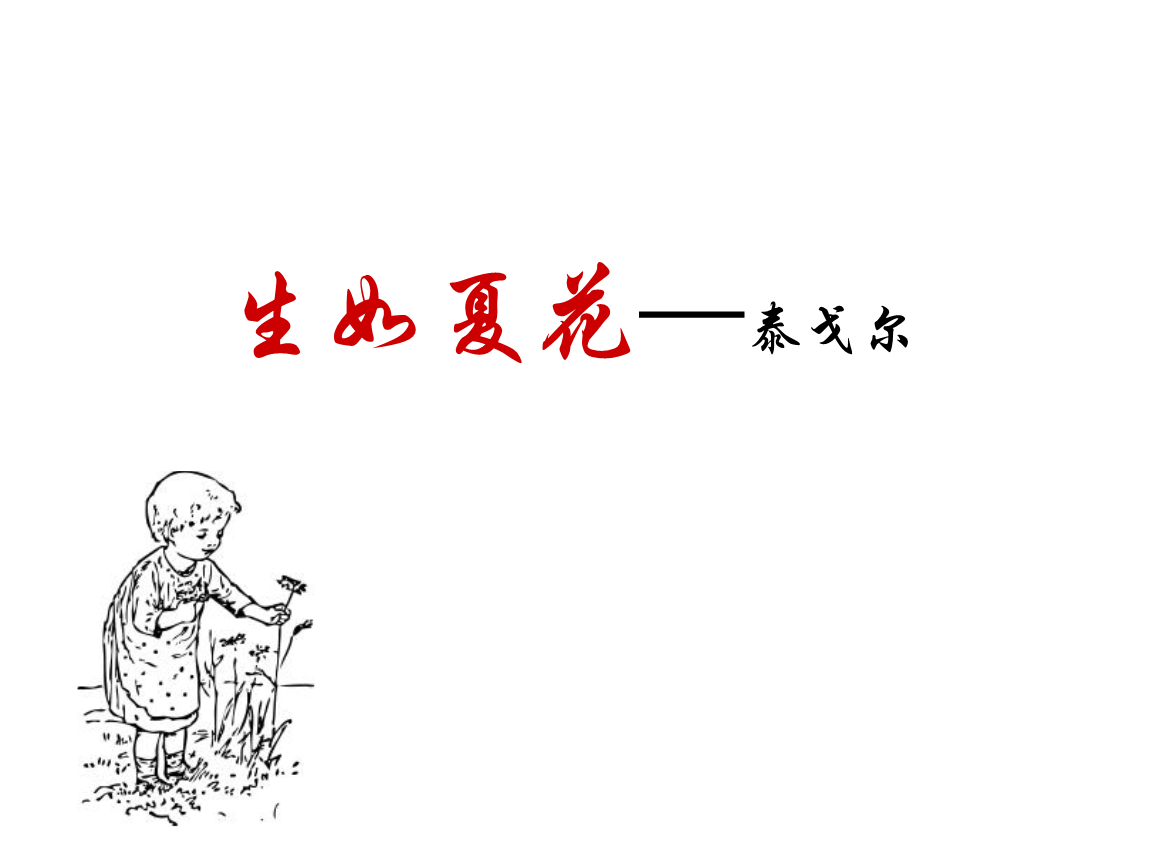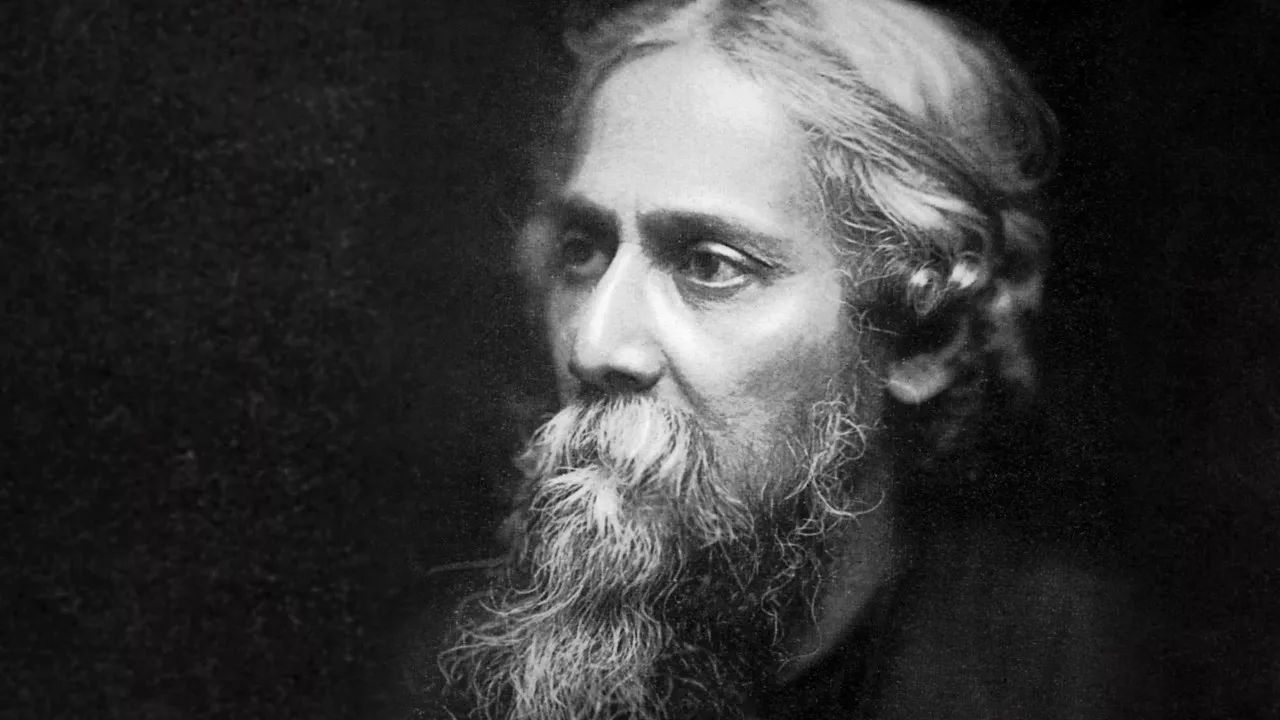求 泰戈尔的<飞鸟和鱼> 全诗
的有关信息介绍如下:《飞鸟与鱼》(又名《世界上最遥远的距离》)泰戈尔
The furthest distance in the world,is not the way from birth to the end.
世界上最遥远的距离,不是生与死的距离
It is when I stand in front of you,but you don't understand I love you.
而是我就站在你面前,你却不知道我爱你
The furthest distance in the world,is not when I stand in front of you.
世界上最遥远的距离,不是我就站在你面前
you don't know I love you,It is when my love is bewildering the soul.
你却不知道我爱你,而是爱到痴迷
but I can't speak it out, The furthest distance in the world.
却不能说我爱你,世界上最遥远的距离
is not that I can't say I love you.It is after missing you deeply into my heart.
不是我不能说我爱你,而是想你痛彻心脾
I only can bury it in my heart,The furthest distance in the world.
却只能深埋心底,世界上最遥远的距离
is not that I can't say to you I miss you, It is when we are falling in love.
不是我不能说我想你,而是彼此相爱
but we can't stay nearby, The furthest distance in the world.
却不能够在一起,世界上最遥远的距离
is not we love each other ,but can't stay together.
不是彼此相爱,却不能够在一起
.It is we know our true love is breaking through the way,we turn a blind eye to it.
而是明知道真爱无敌,却装作毫不在意
So the furthest distance in the world, is not in two distant trees.
所以世界上最遥远的距离,不是树与树的距离
It is the same rooted branches,but can't depend on each other in the wind.
而是同根生长的树枝,却无法在风中相依
The furthest distance in the world, is not can't depend on each other in the wind.
世界上最遥远的距离,不是树枝无法相依
It is in the blinking stars who only can look with each other,but their trade intersect.
而是相互瞭望的星星,却没有交汇的轨迹
The furthest distance in the world,is not in the blinking stars who only can look.
世界上最遥远的距离,不是星星没有交汇的轨迹
It is after the intersection,but they can't be found from then on afar.
而是纵然轨迹交汇,却在转瞬间无处寻觅
The furthest distance in the world,is not the light that is fading away.
世界上最遥远的距离,不是瞬间便无处寻觅
It is the coincidence of us,is not supposed for the love.
而是尚未相遇,便注定无法相聚
The furthest distance in the world,is the love between the bird and fish.
世界上最遥远的距离,是飞鸟与鱼的距离
One is flying in the sky,the other is looking upon into the sea.
一个翱翔天际,一个却深潜海底

扩展资料:
《飞鸟与鱼》(又名《世界上最遥远的距离》)出自《飞鸟集》,是印度诗人泰戈尔创作的诗集。这本诗集包括325首无题诗,其中绝大多数的诗只有一两行,或者捕捉一个自然景观,或者述说一个事理。诗集并没有明显的逻辑结构和明确的中心,只是诗人在日常生活中的感触、思考、情思的片段的记录。
《飞鸟集》创作于1913年,初版于1916年完成。《飞鸟集》其中的一部分由诗人译自自己的孟加拉文格言诗集《碎玉集》(1899),另外一部分则是诗人1916年造访日本时的即兴英文诗作。诗人在日本居留三月有余,不断有淑女求其题写扇面或纪念册。诗人曾经盛赞日本俳句的简洁,他的《飞鸟集》显然受到了这种诗体的影响。



